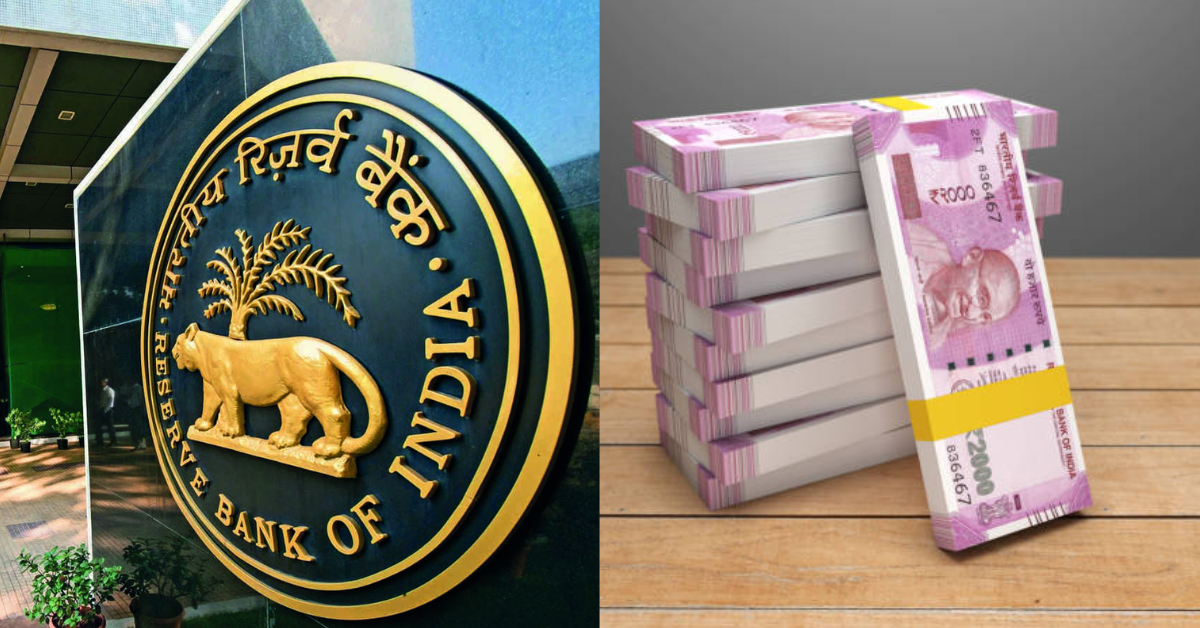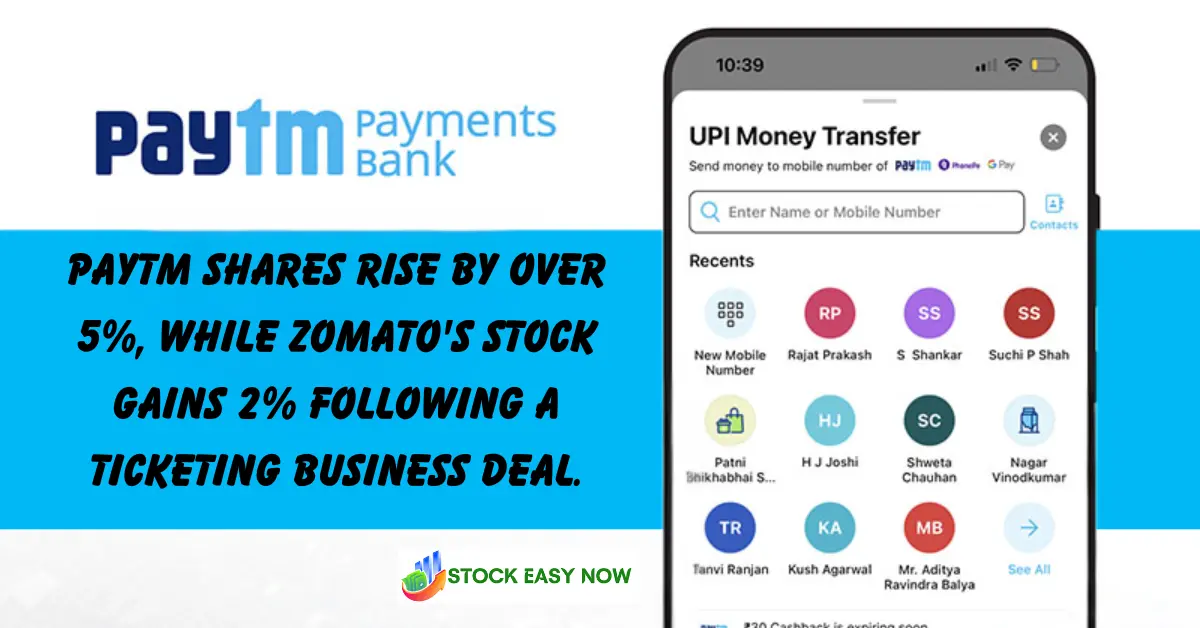People can obtain a Triple Lock Receptacle (TLR) form from the RBI by depositing two thousand rupees in their bank account.
For credit in their bank accounts, people can mail their Rs 2,000 banknotes to designated Reserve Bank regional offices via insured mail.
For those who are unable to visit the Reserve Bank’s regional offices, this is a hassle-free option.
Additionally, the RBI is providing TLR (Triple Lock Receptacle) forms to individuals in exchange for a deposit of two thousand rupees into their bank account.
“For the most convenient and safe direct credit into their account, we urge customers to send Rs 2,000 notes to the RBI via insured post. The inconvenience of having to drive to specific branches and wait in line will be avoided, according to RBI Regional Director Rohit P Das.
He said that there should be no fear in the public’s mind regarding the TLR and insured post options because they are both extremely secure. He also mentioned that the Delhi office alone has received roughly 700 TLR forms to date.
Aside from the exchange facility at its offices, the RBI has been restating these two options in its communications, he continued.
The RBI declared on May 19 that banknotes with a denomination of Rs 2,000 would no longer be in circulation. As of May 19, 2023, over 97% of the Rs 2,000 banknotes that were in circulation had been returned.
Reserve Bank of India Governor Shaktikanta Das provided specifics of the exchange management arrangements, stating that the regional office in Delhi has created a special line for senior citizens and “divyangjan” in addition to other special arrangements.
For quicker disposal, he mentioned that there is a separate line for people arriving with fewer of these currency notes—two or three, for example.
He reiterated that Rs 2,000 had been set aside for a covered waiting area and drinking water facility in order to ensure that the public is not inconvenienced.
Das expressed gratitude to the Delhi Police for their assistance in controlling crowds and making sure that the RBI regional office is safe from untoward incidents.
At 19 RBI offices, people have had the option of exchanging their currency or having the equivalent amount credited to their bank accounts as of October 8.
Ahmedabad, Bangalore, Belapur, Bhopal, Bhubaneswar, Chandigarh, Chennai, Guwahati, Hyderabad, Jaipur, Jammu, Kanpur, Kolkata, Lucknow, Mumbai, Nagpur are the 19 RBI offices that deposit and exchange banknotes.
After the Rs 1,000 and Rs 500 banknotes that were in circulation at the time were demonetized, the Rs 2,000 banknotes were introduced in November 2016.





